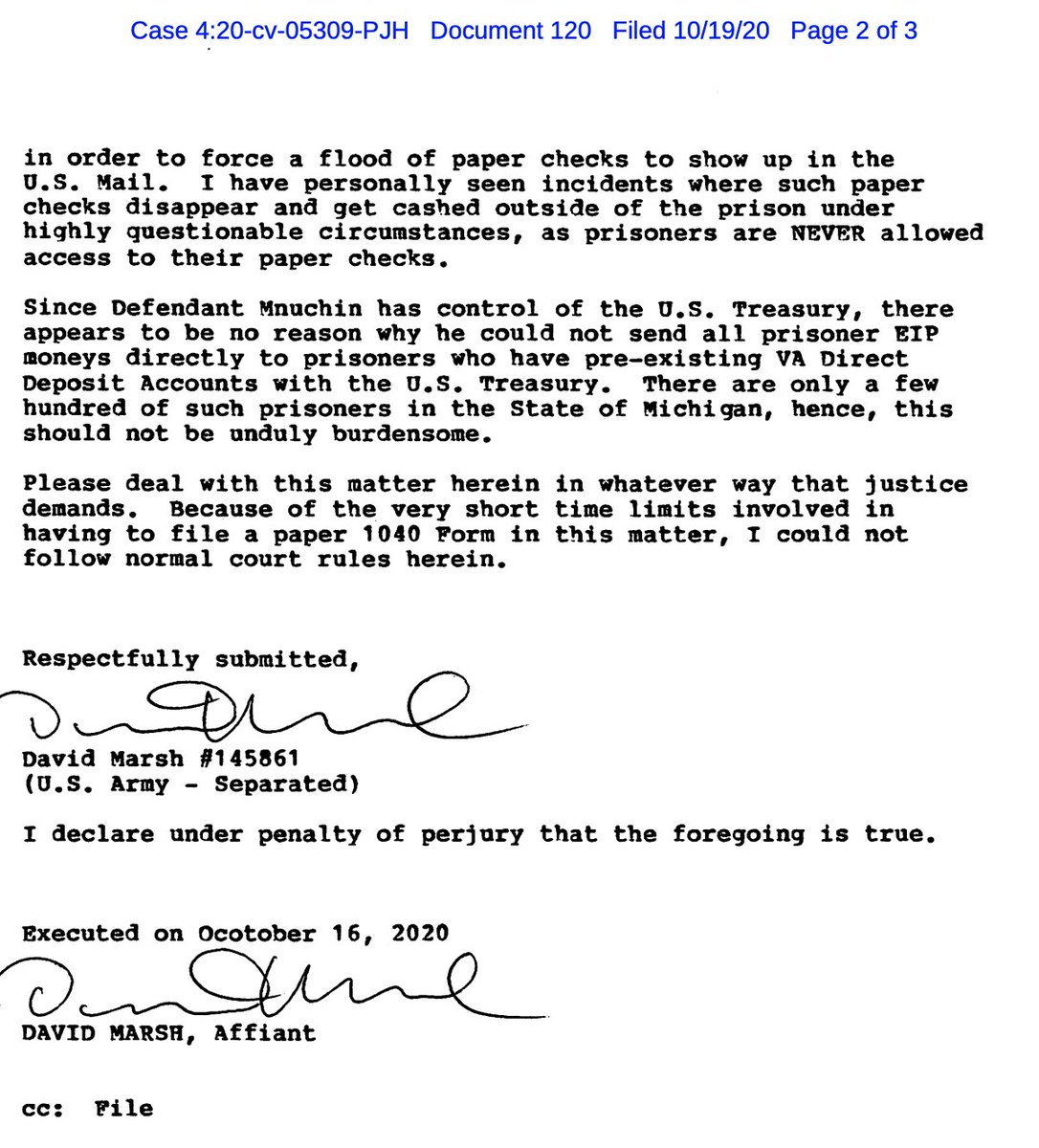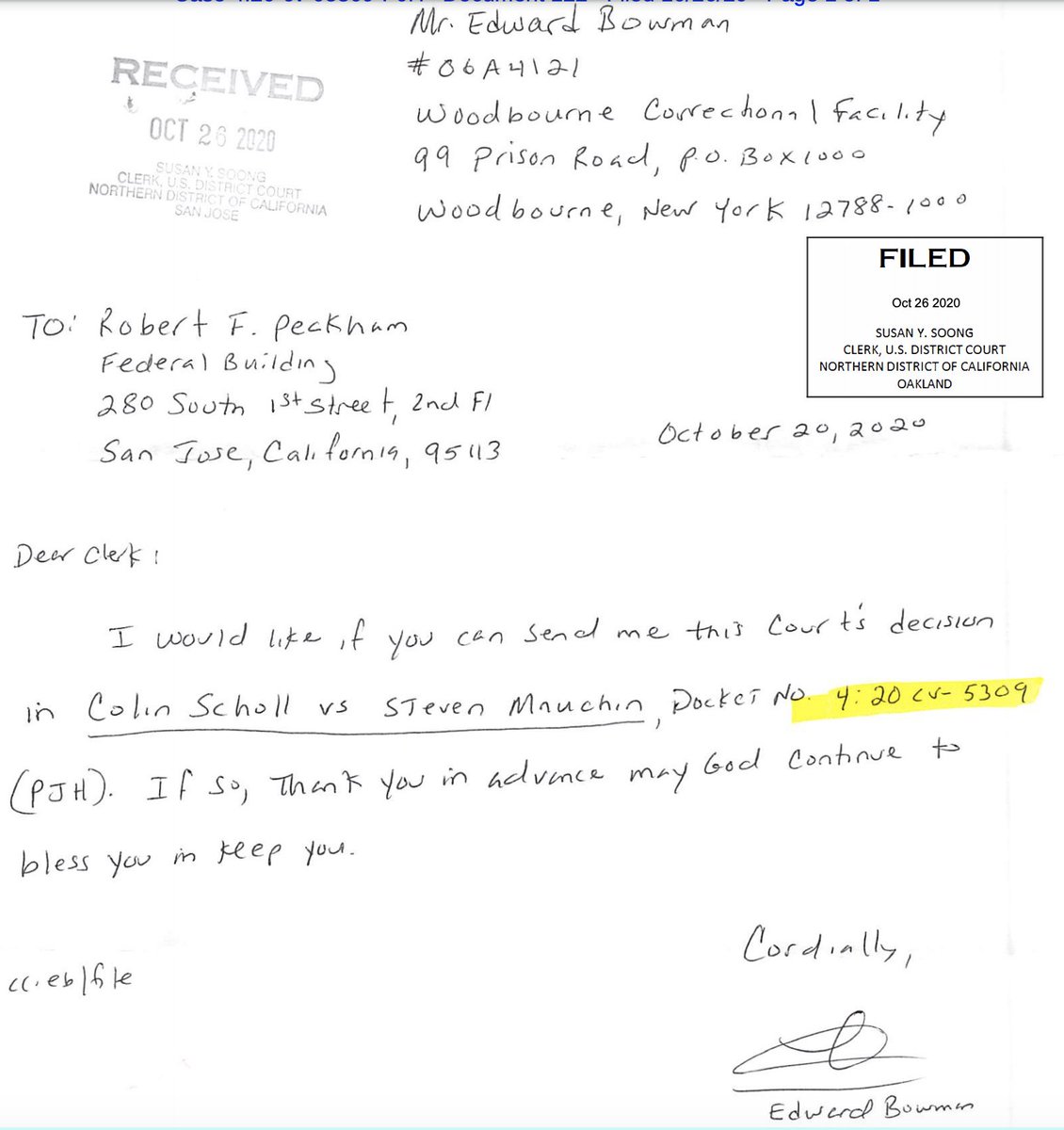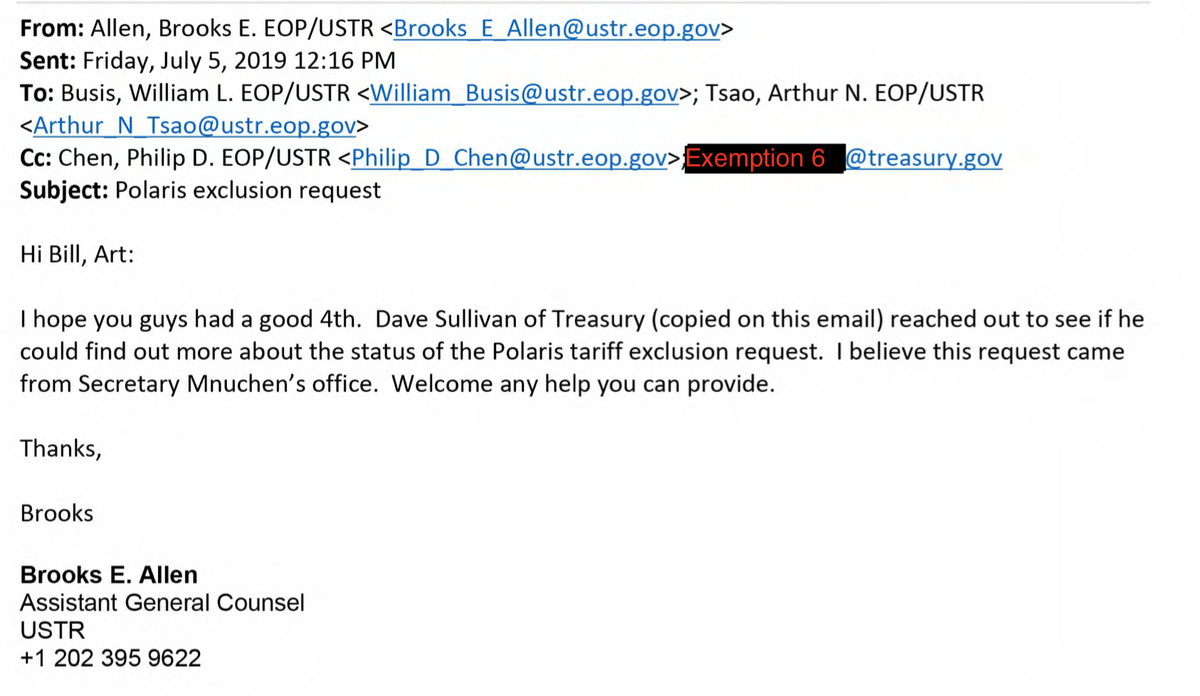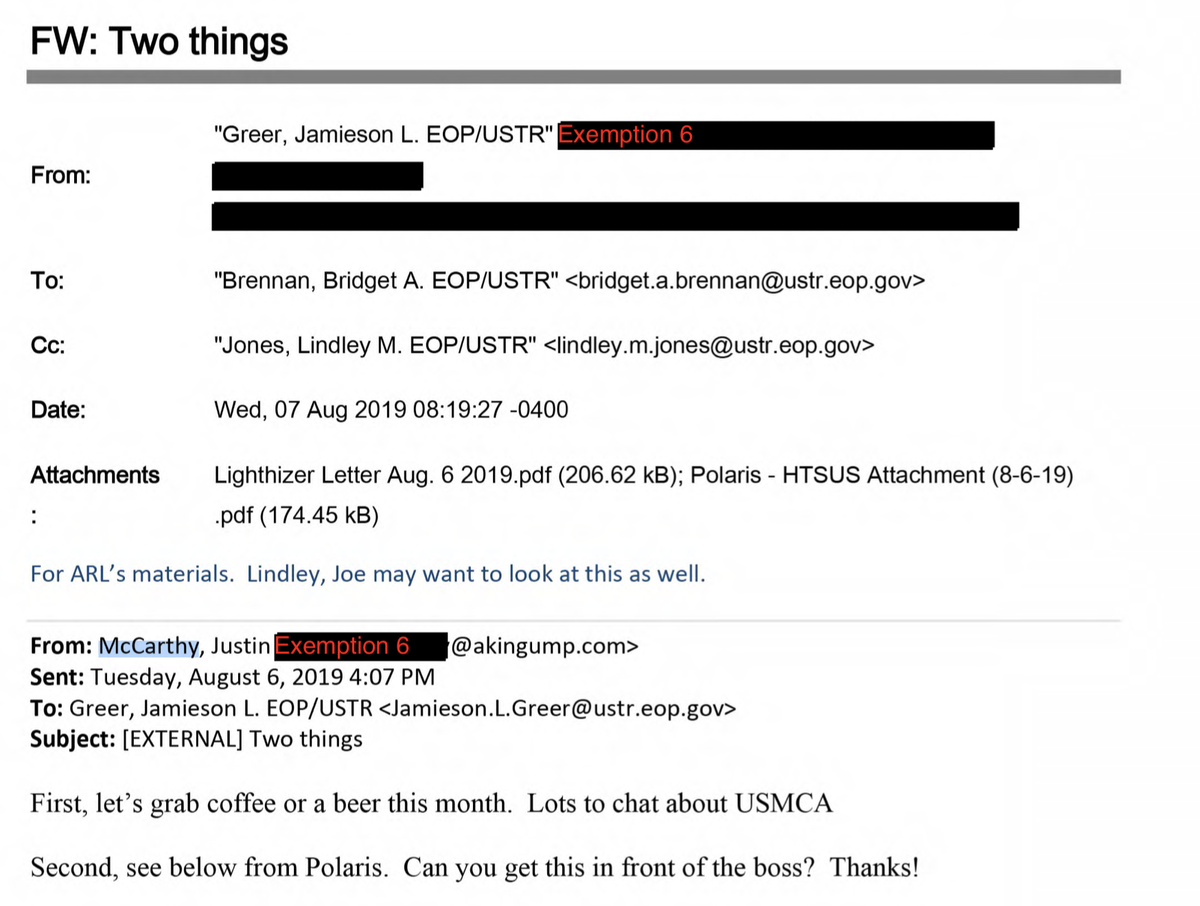
NEW THING FROM ME: The CARES Act passed forever ago, but millions of people still haven’t received their stimulus checks -- either because they aren’t aware they need to file, haven’t been able to make it through the IRS’ glitchy portal, or were deliberately excluded from it. 1/
The IRS’ latest estimate for the number of people who are likely eligible but haven’t applied through its online portal for people who make too little to file taxes is 9 million. That was last month, but the agency says new figures aren’t yet available. The deadline is Nov 21. 2/
With little in the way of a federal public relations campaign, finding those people has required herculean efforts by outreach organizations, who have to walk people through a hard-to-navigate web interface without much help from backlogged IRS customer service agents. 3/
Of course, that’s only if you do qualify. The Treasury Department is fighting in court to prevent the nation’s more than 2 million incarcerated people from receiving payments, as well as the 1.2 million spouses of undocumented immigrants. 4/
Treasury says that sending payments to citizen spouses of undocumented folks would have been too hard when Congress demanded that money be dispensed quickly, & Congress didn’t make them do it. So far courts have agreed, but plaintiffs are appealing, saying it's unconstitutional.
But a judge *has* ordered the IRS to send payments to prisoners, which still requires most of them to file a shortened tax form. Lawyers and advocates are rushing to make sure that happens before a November 4 deadline for paper forms, sometimes by physically picking them up. 6/
$1200 could be transformative for prisoners, who have to pay for many essential items -- a cost that usually falls on their families, who are disproportionately poor people of color. The court docket has been flooded with letters asking for help applying for the money. 7/
I want to share some of those letters with you all -- people who can't find their social security numbers, who desperately want to send the money to relatives, who aren't getting help from corrections officers. 







Anyway, the IRS points out that it’s sent payments to the vast majority of households under extremely trying circumstances, with outdated technology, no dedicated marketing budget, and a pandemic. Their funding has dropped significantly since the last time they did this, in 2008.
But ultimately, experts say this episode demonstrates that the government needs to upgrade its pipes for getting money to people. After all, the IRS’ mission is taking money away, not giving it out. (Cue Postal Banking shout-out.) 12/
So here’s the story, with help from @sallybeauv & @thebeenster, who helped find lots of people struggling to get their money, & IRS warrior @JustinElliott: propublica.org/article/millio…
• • •
Missing some Tweet in this thread? You can try to
force a refresh
















